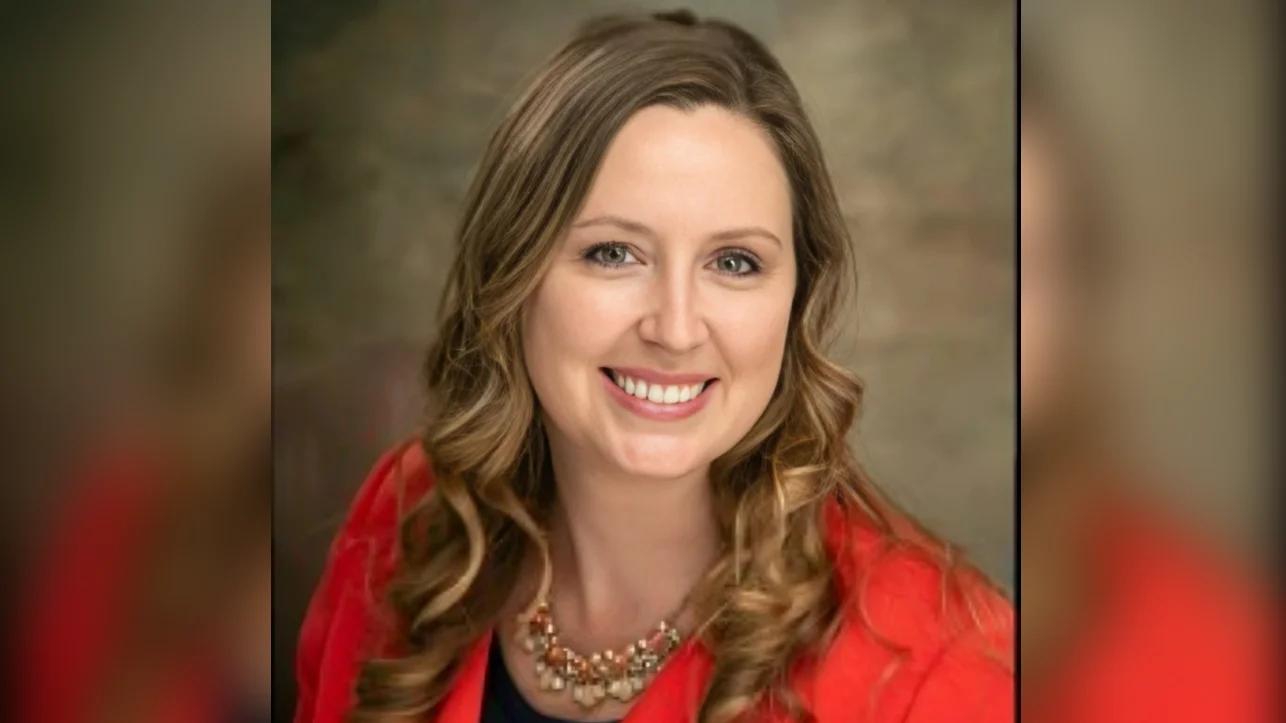Sarah Hanak Chief Nursing Officer | Official Website
Sarah Hanak Chief Nursing Officer | Official Website
Fourteen new nurses have joined the Citizens Memorial Hospital (CMH) nurse residency program, which began in June. The initiative is designed to support recent nursing graduates during their first year of professional practice.
“Moving from being a student nurse to working as a nurse is a big change,” said Christie Kirby, nurse residency program director. “We want these new nurses to be confident nurses who provide the best patient care.”
The CMH nurse residency program aims to strengthen the hospital’s workforce and improve patient care quality by investing in new nurses. The one-year paid program includes mentorship, clinical experience, and job-focused development. It consists of four phases: learning about CMH policies and culture, understanding daily work routines within each nurse’s department, developing clinical skills for safe practice, and encouraging ongoing professional growth.
“Supporting our new nurses through this comprehensive residency is not just an investment in their success, but in the quality of care provided to every patient we serve,” said Sarah Hanak, chief nursing officer.
Experienced staff members mentor small groups of graduate nurses throughout their initial clinical experiences. Ten unit educators participate in the program at CMH, with Aubrey Wilkinson serving as lead educator.
This year’s cohort used Bolivar Technical College’s (BTC) simulation lab for hands-on training sessions. The facility features realistic mannequins and virtual reality tools that replicate patient rooms found in CMH’s expansion areas. These resources allow new graduates to continue practicing skills after graduation in an environment similar to where they will work.
“It gives them additional practice using CMH policies and procedures, even if the scenario is similar to something they did in school,” said Erin Mock, director of nursing education at BTC. “That extra practice goes a long way.”
CMH also prepares future nurses through preceptorships and apprenticeships while students are still enrolled in college programs. In these initiatives, BTC pairs students with CMH staff for individualized instruction during clinical rotations or offers paid apprenticeship opportunities for eligible students nearing graduation.
“The goal is to start that transition to practice long before graduation,” Mock said. “We’re working together to support the student’s education and professional development every step of the way.”
Many participants from these preparatory programs later join the residency after graduation already familiar with hospital operations.
“It’s a win-win,” Mock said. “Students feel more confident, and CMH benefits from nurses who are already immersed in the organization’s culture.”
Mock added: “I wish I had something like this when I was a new nurse. We used to send graduates out into the workforce and hope for the best. Now we’re sending them out with experience, mentorship and a whole team behind them.”
New graduate nurses with less than one year of experience are eligible for the residency program.






 Alerts Sign-up
Alerts Sign-up